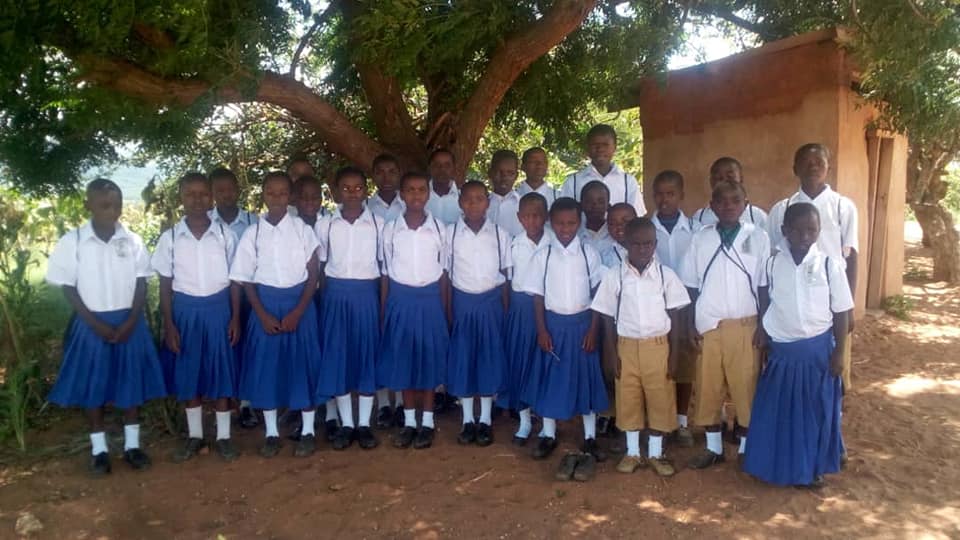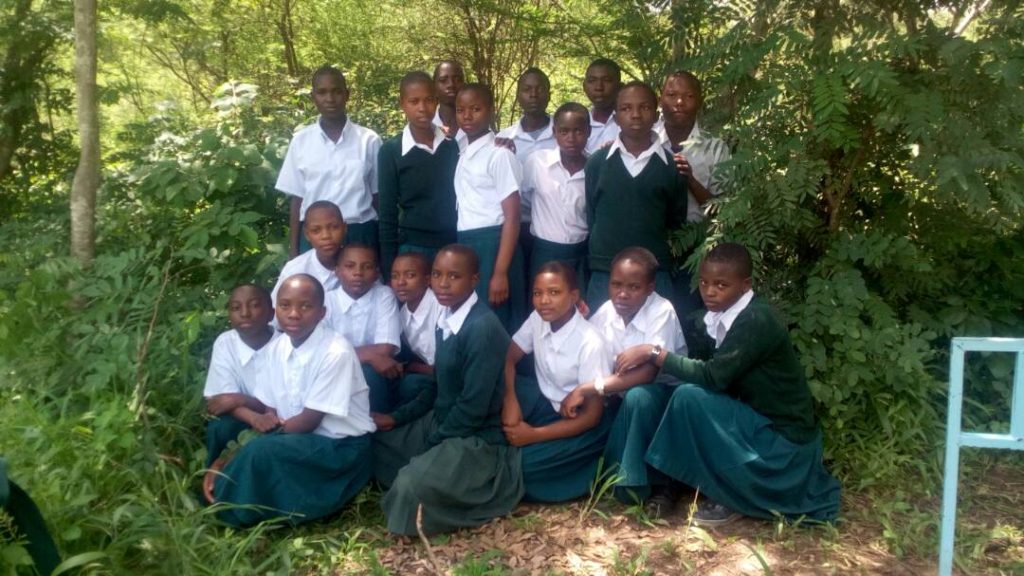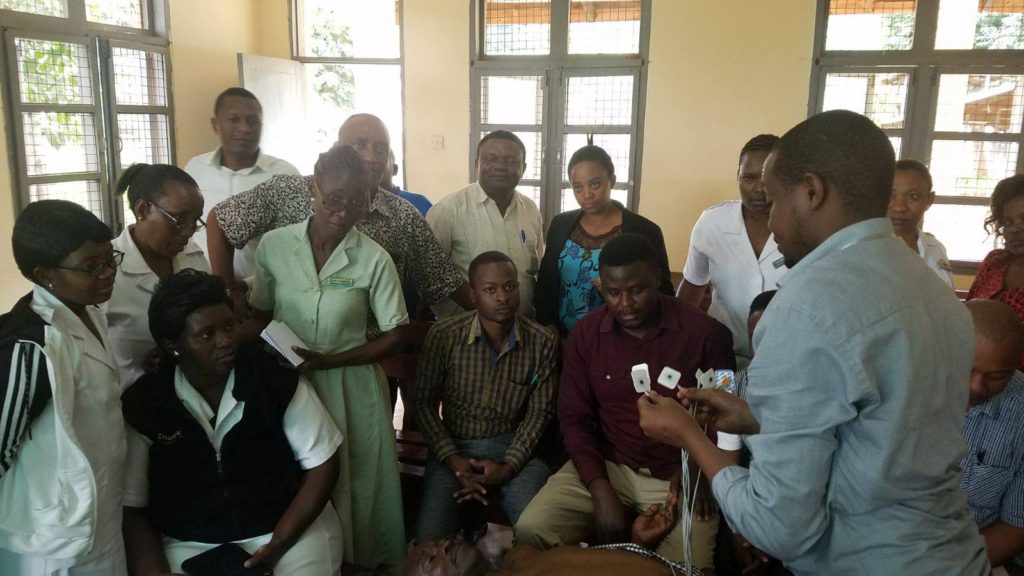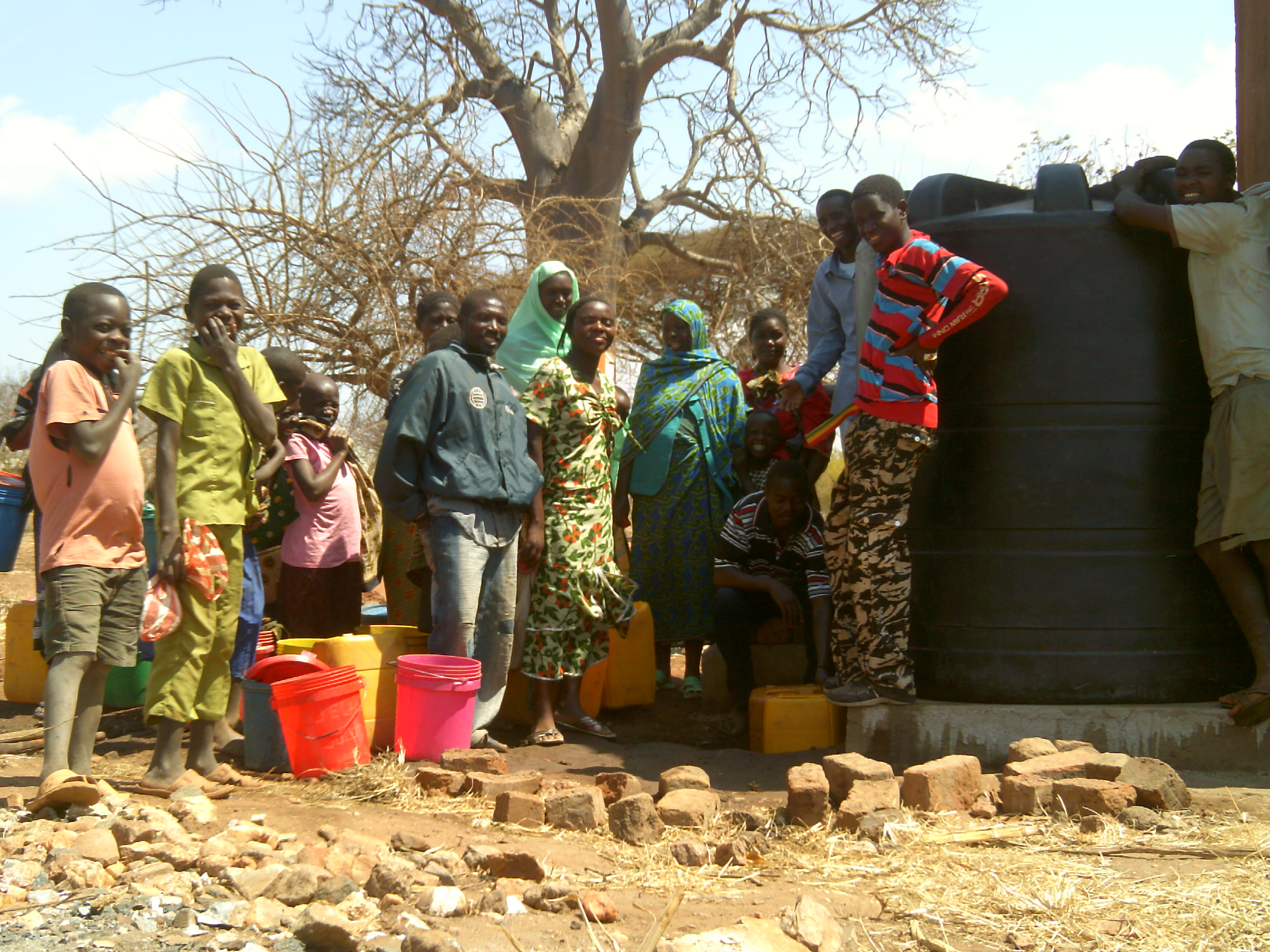Primary School Education

The main objective of our education project in the Kingiti Primary School is to provide all children from families unable to support them with the means to gain an education. Though there is no tuition for primary school enrollment, the costs of the necessary clothing and supplies often prevent orphans and the children of the poorest families from gaining what is the equivalent of an elementary and middle school education. Primary school is where the children of Kingiti are taught Tanzania’s national language, Swahili (Kigogo is spoken in the home), and it is also where they learn all of the other essential subjects necessary for a child hoping for a future with options beyond the village. It costs approximately $40 per year to support a child in primary school. This includes a uniform, shoes, supplies, school lunches, and extra-curricular activity fees. We are currently funding 30 students at the Kingiti Primary School and 10 students at the Kigwe School for the Deaf.
Secondary School & Higher Education

Gaining a secondary school education is a Tanzanian student’s first big step to achieving their goals beyond the village, and, much like a high school diploma or GED in the US, few doors open without it. It is the level of education that all children in villages like Kingiti aspire to achieve, though most do not have the opportunity to pursue. This is due to a gross lack of secondary schools in rural villages throughout the country. The nearest secondary school to Kingiti is in a small town called Kibakwe, and, with the unavailability of transportation, it is beyond the reach of most of the village’s finest students. This distance requires the family to be able to afford lodging in one of Kibakwe’s student hostels, in addition to tuition and supplies, in order to enroll their child in the Kibakwe Secondary School. Sending a child to the Kibakwe Secondary School costs approximately $300 per year, which is about half of the average annual income for the farming households of Kingiti. We are currently funding 37 students in secondary school. Additionally, we are sponsoring three students in college and medical school.
Training in Emergency Medicine

The Kingiti Fund’s partnership with the local hospitals of the Dodoma, Mwanza, and Mara Regions of Tanzania is one with the shared goal to improve emergency medical services provided in these regions. Three of the six board members of The Kingiti Fund are emergency medicine (EM) physicians in the US. We train Tanzanian physicians and ER staff in the fundamentals of EM practices in the US with an emphasis on locally-applicable interventions. Our training follows principles and methods used by the Muhimbili National Hospital Emergency Medicine training program in Dar es Salaam and is guided by a curriculum supported by the African Federation for Emergency Medicine (AFEM).
Water Sanitation

The KSSVHOF Water Purification System
Water in Kingiti is brought by a single 2” pipeline five miles long, originating in a small winding stream in the mountains West of the village. The pipe splits into four centrally located water stations, each with two taps, for the 3,000 inhabitants of the village. The water runs for an average of four hours per day in the early morning. Though eight taps, running only a few hours a day, supplying the water needs of 3,000 people is unfathomable to most Westerners, it is not the sharing of water that presents the biggest problem- but the water itself. It is entirely untreated and, being that its origin is on top of a mountain where other people reside and livestock are brought to water, it is the clear source of much of the parasitic and bacterial infections that afflict the people of Kingiti. Unfortunately, the scarcity of firewood in the arid villages of Mpwapwa makes the practice of boiling drinking water unfeasible for these households, leaving them completely unprotected from the organisms that contaminate this water. In 2011, a chlorine gas water purification system was installed in Kingiti village, the first of its kind in the Mpwapwa district.



